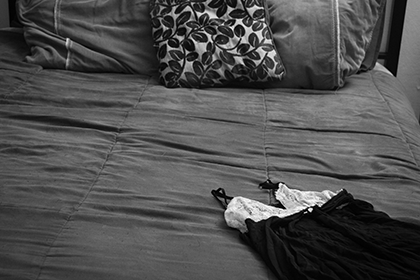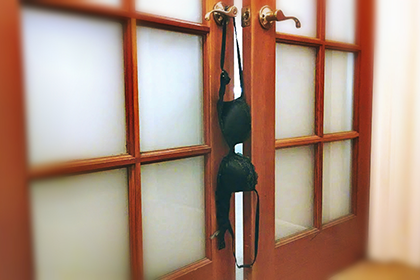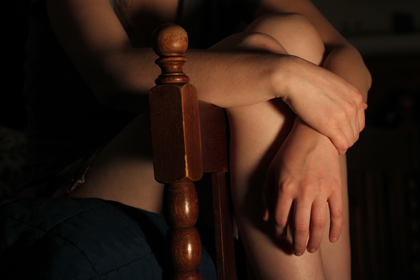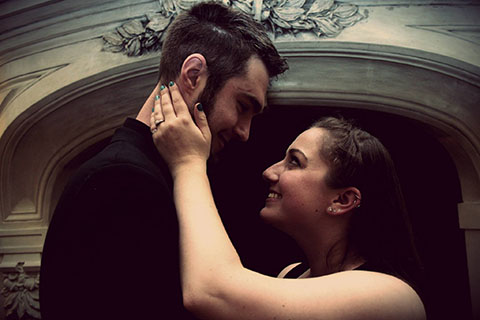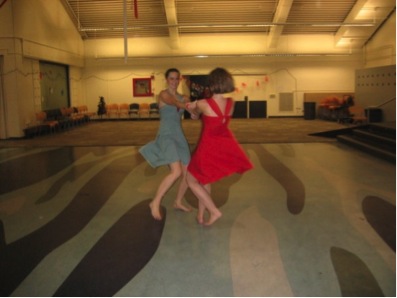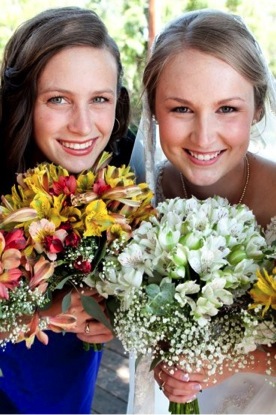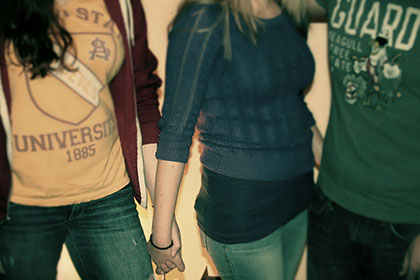This February will mark my two-year anniversary of booking a one-way ticket to Bangalore, India, ultimately leaving New York and my friends behind to chase a newfound interest in helping women’s rights abroad.
A lot has changed since the nights I spent in New York drunkenly crying on my bedroom floor, chain-smoking Camels to temper the taste of feeling pathetic, frustrated, and directionless in my mouth. Full disclosure: I listened to the entire Drake album on repeat for months, too.
And, yet, this March marks my return back to the U.S. to pursue graduate school. Though my intention behind the move was to donate my skills, the reality is that I took more lessons from India than I dished out.
India has gone above and beyond in delivering the unique experience that I desperately craved, but Frommer’s did not tell me how to handle spending the night in a lodge run by an oiled down 12-year-old boy, sleeping on a blood-stained bed sheet. Women’s interest blogs did not guide me on how to hitchhike on a 16-year-old’s motorcycle to get away from a group of leering men that started following me out of the gym. Expat groups did not tell me that before I even started my first day at work, my colleague would be kind enough to invite me to his daughter’s first birthday with the rest of the team.
But I don’t want to focus on the lessons of humility, patience and sanitation that I’ve learned from moving abroad. It would be trite to remind you to eat only cooked food or observe the local attire. I don’t have photos albums of sepia-filtered temples or me doing the downward dog on the beach. #princessjasmine
All those things could be learned and recreated from a Lonely Planet forum or even a short-term visit to a foreign country. What I have experienced from being away from the U.S. is something that no amount of literature or conversation could have prepared me for: transience.
The life of an expat can be inherently sad and lonely. Unless you moved abroad with your family or plan on settling long-term in a new place, you immediately realize the implications of having a time-stamped relationship with your host country.
Almost everything in my current life has a clear expiration date, except for ironically, the milk (seriously, why doesn’t it ever go bad here?). I meet a fellow expat and, by the time I learn his last name, I also know his departure date and what airline he is flying. The takeaway? Always fly Emirates.
I find investing in these friendships exhausting because I wonder if I made any stable or consistent connections in the last two years. Are we all rushing into fake intimacy because it is better to be slamming shots under the guise of friendship than it is to be the lonely girl at the bar ordering white wine…. again?
Or can six months of friendship be a solid enough foundation to keep the momentum going for years to come? After all, those six months were littered with experiences like holding my French friend’s hand in the ambulance as we rushed to the emergency room to avoid a potential splenectomy. Or sitting behind my Australian friend on a scooter as we navigate a new beach town. And then I remember that our home countries are scattered all over the world. Our unifying thread is the time we spent in India. I don’t look for lifetime friendships in everyone I meet, but when I met you on Saturday and I know you leave in three weeks, I can’t help but ask, ‘Why bother?
Those restless nights in New York made me desire something else, but only professionally. I never questioned whether my personal life would turn into a revolving door of faces and names, nor did I imagine that I’d spend consecutive months with someone to never see them again. In essence, I took everyone for granted.
But this transience, she plays dirty. She’ll make you feel crazy and stupid until you are desperately refreshing Kayak for a good deal home. And just when your third bout of diarrhea hits from eating at the alleged five-star restaurant in the Sheraton and you’re stuck at home missing your friend’s goodbye party because a cab strike prevents you from physically attending, she comes over, sits on your lap, and gives you the ride of her life: Oh, a group of you guys are going to Goa this weekend? Sure, let me pack really quickly. Dinner at the Taj? Good thing I’m driving by RIGHT THIS SECOND.
Maybe she isn’t soo bad.
After all, transience has also shown me the beauty in expat life. The constant merry-go-round of people in my life has forced me to enjoy each outing, each dinner, and even each bathroom trip for what it actually is. There is no false promise of the next hangout or a future trip. As corny as it may sound: moving away has forced me to actually live in the present.
And as you enjoy the third round of sangria at Sunday brunch with a group of people who you met three days ago at a some guy’s house party who is moving back to Canada next week, you also realize that life’s truest moments are those you spend with your fellow transient strangers. There are no guards up when talking to each other or feelings of shyness to cut through because you literally don’t have the time for the initial, get-to-know-you-slowly, game. The second you realize that all you have are mere seconds to get to know someone, you stop sizing each other up and down and approach with more confidence and acceptance: commes des F down, we’re just doing dinner.
Now, I’m contemplating what profound insight to leave you with because my boyfriend just came home. I’m watching him change from a suit into a t-shirt—not because I’m completely creepy (well, okay, that too), but to take in this moment, because we may not be together after March, when I return home and he stays in India. He is an expat, too, from New York. I guess I really couldn’t leave New York behind.
This is when I want to slap transience for her loud mouth taunting, for filling me with doubts and “Why bothers?” We may be tragically time stamped. That ticking clock may force me to really—no, really—spend time with him here. But that’s all any of us ever have: today and an uncertain future. So I’m here now, today, with my own departure date. And all it took to appreciate this moment was to leave everything in my past.

Photo by Henri Legentil
